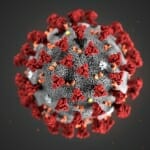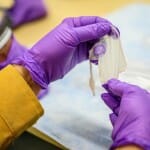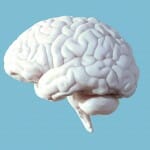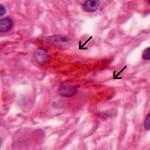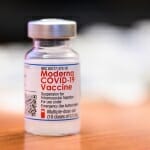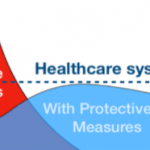Tag Health
Researchers seeking study participants to lose weight — by phone
Log2Lose, an 18-month study, aims to help people build habits for a healthier lifestyle by sending them motivational text messages and providing an app to keep track of what they eat.
Balancing personal and community risk with the omicron variant
Devlin Cole of the UW School of Medicine and Public Health says, "Wear a mask, get vaccinated and boosted … you can still go out and do the things you want to do, but it’s going to take a bit more planning."
UW teams up with NFL on research designed to reduce head injuries in athletes
Researchers will collect data from high-tech mouthguard sensors that measure impact speed, direction, force, location and severity of head impacts.
COVID questions: Thanksgiving; boosters
This ongoing series answers questions about COVID-19 and the pandemic. Today: Should we feel OK traveling for the holiday? Is it safe to mix the vaccines?
Moderna COVID-19 vaccine pediatric clinical trial to focus on ages 6 months to 5 years
“This is the final frontier. Our very youngest children need to get the vaccine and we need to make sure they are safe,” says Bill Hartman, co-principal investigator of the KidCOVE clinical trial at UW–Madison.
ProPublica’s Caroline Chen is UW–Madison’s fall Science Journalist in Residence
Chen, whose work spans public health, the pharmaceutical industry, hospitals and regulators, has spent much of the last 20 months covering the coronavirus pandemic for the investigative journalism newsroom ProPublica.
‘Flatten the curve’ was everywhere, but it didn’t change people’s pandemic attitudes
“Although we didn’t see a difference in people’s ideas or behavioral intentions based on their awareness of the chart," says researcher Nan Li, "the message is still beneficial."




